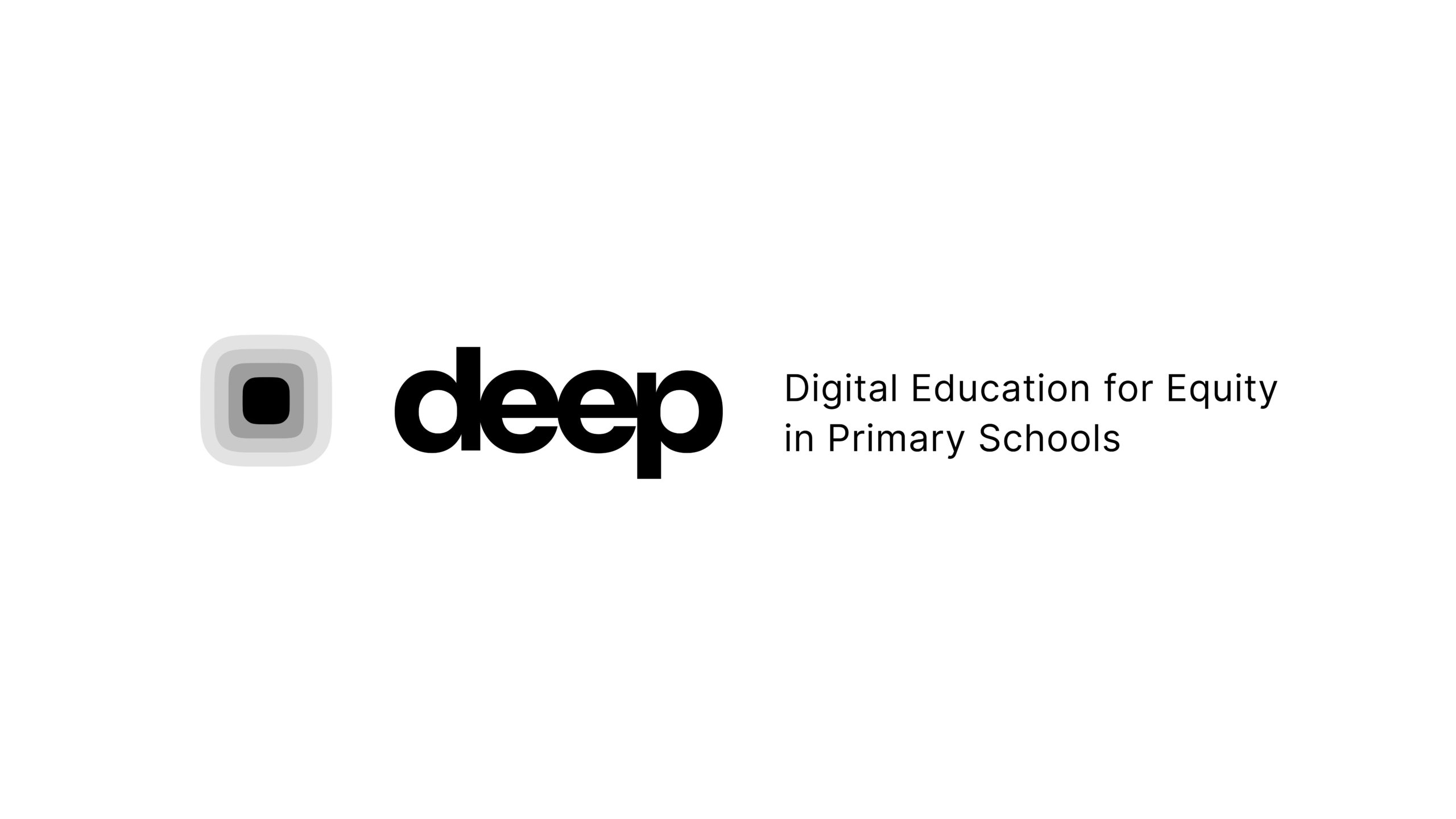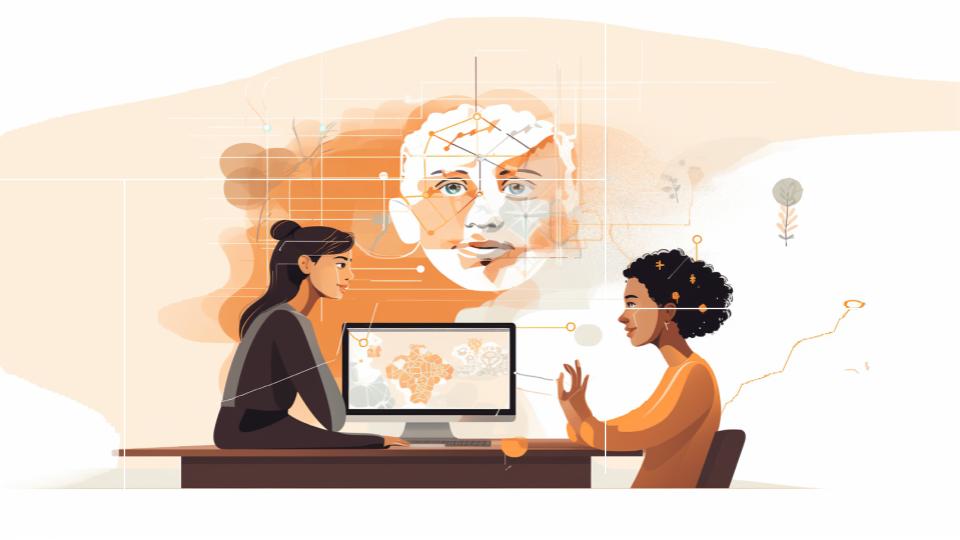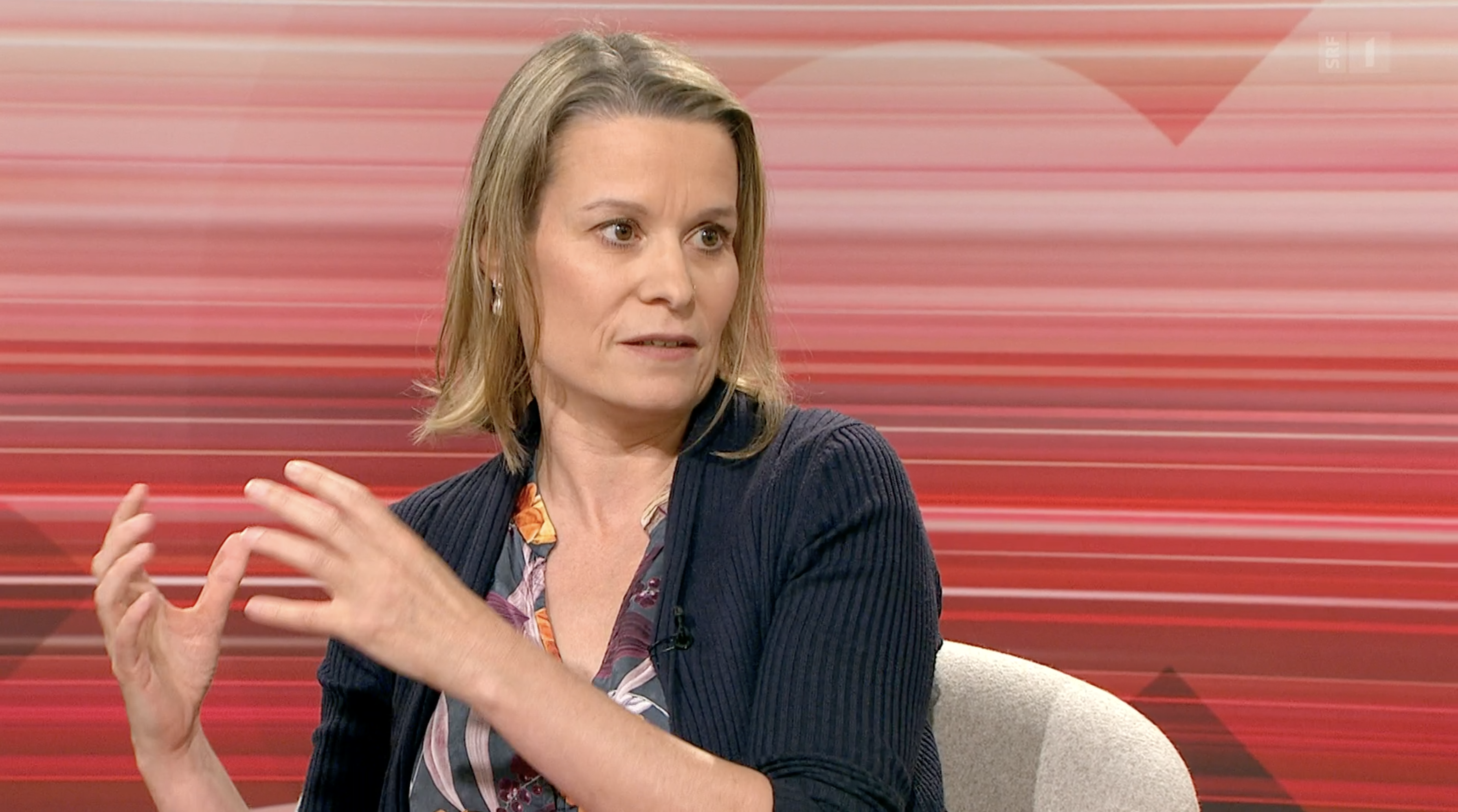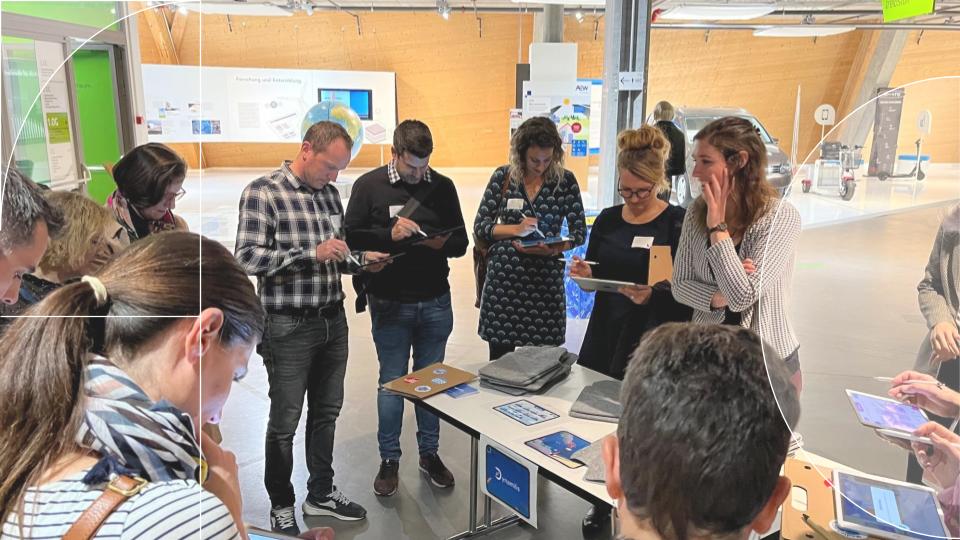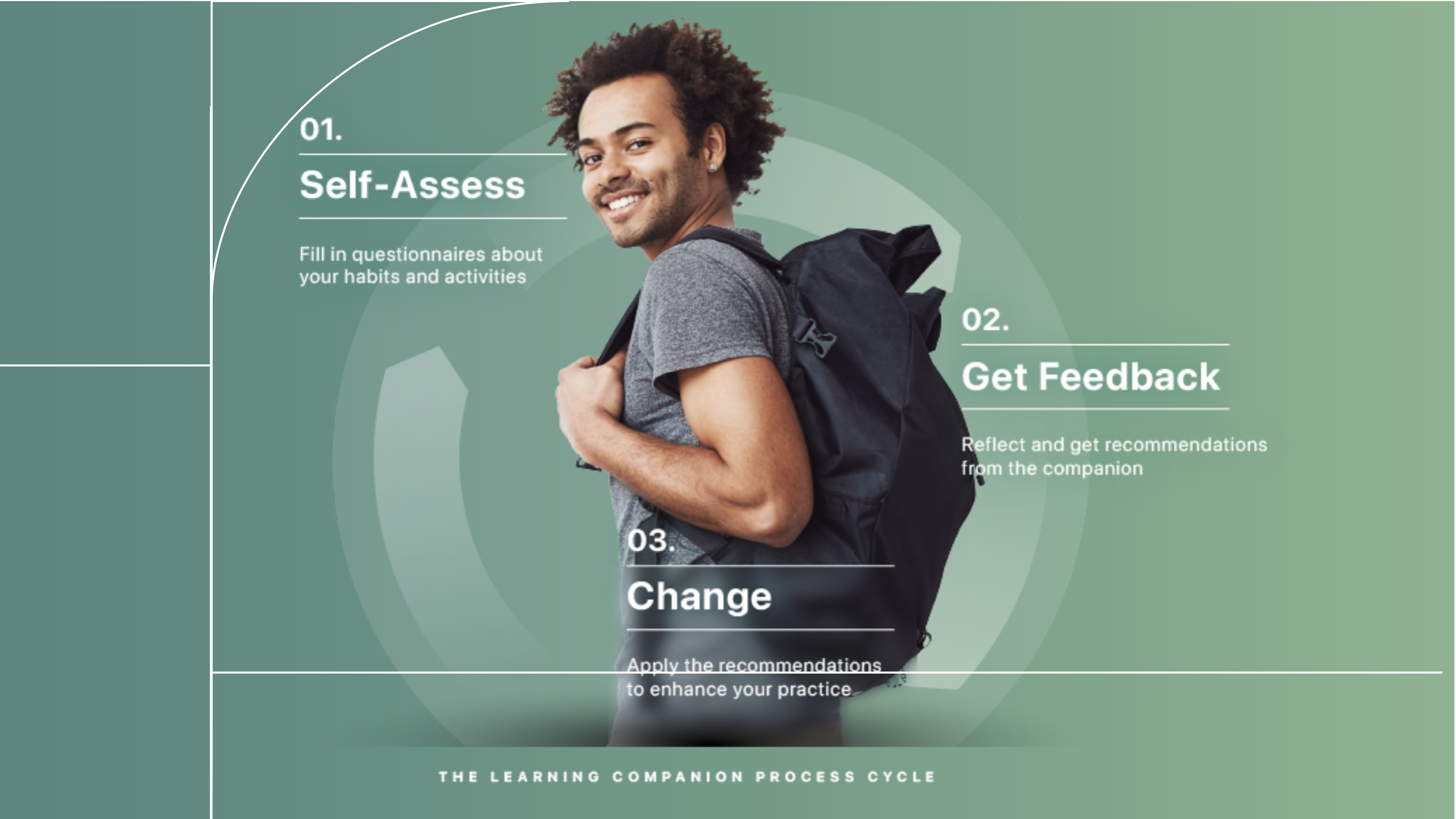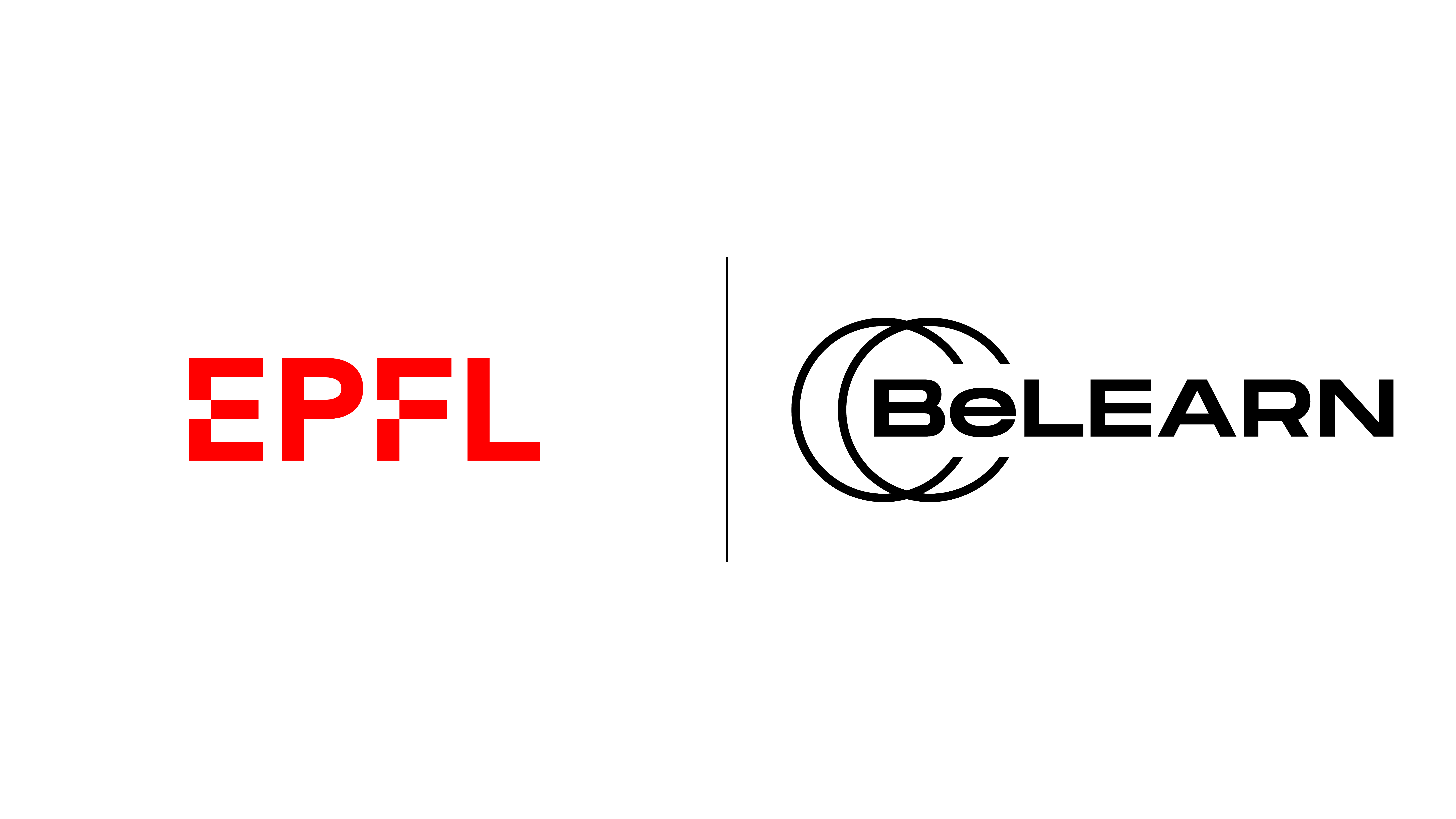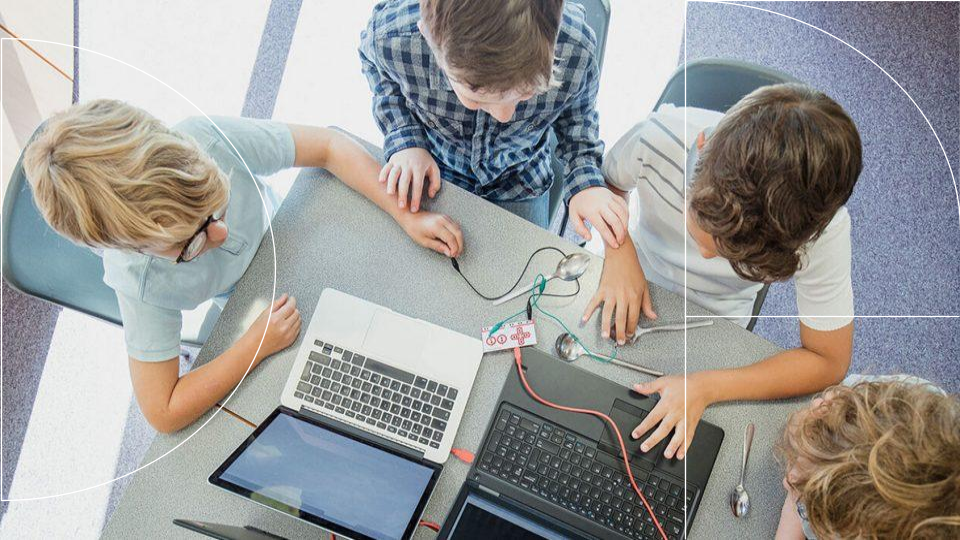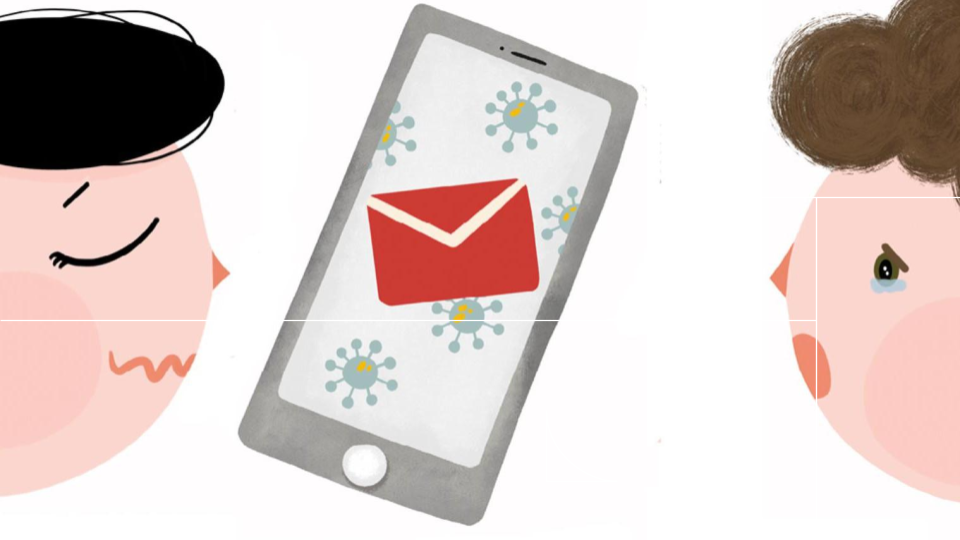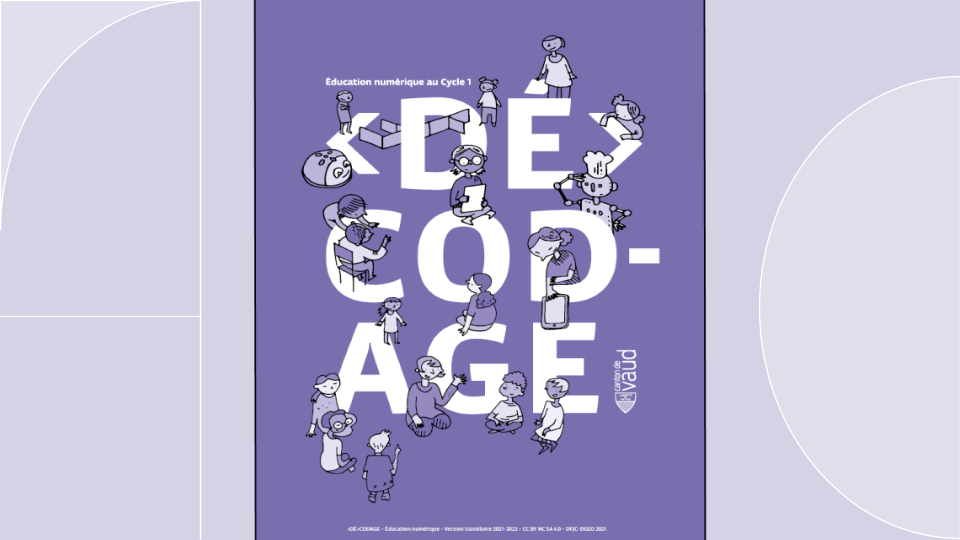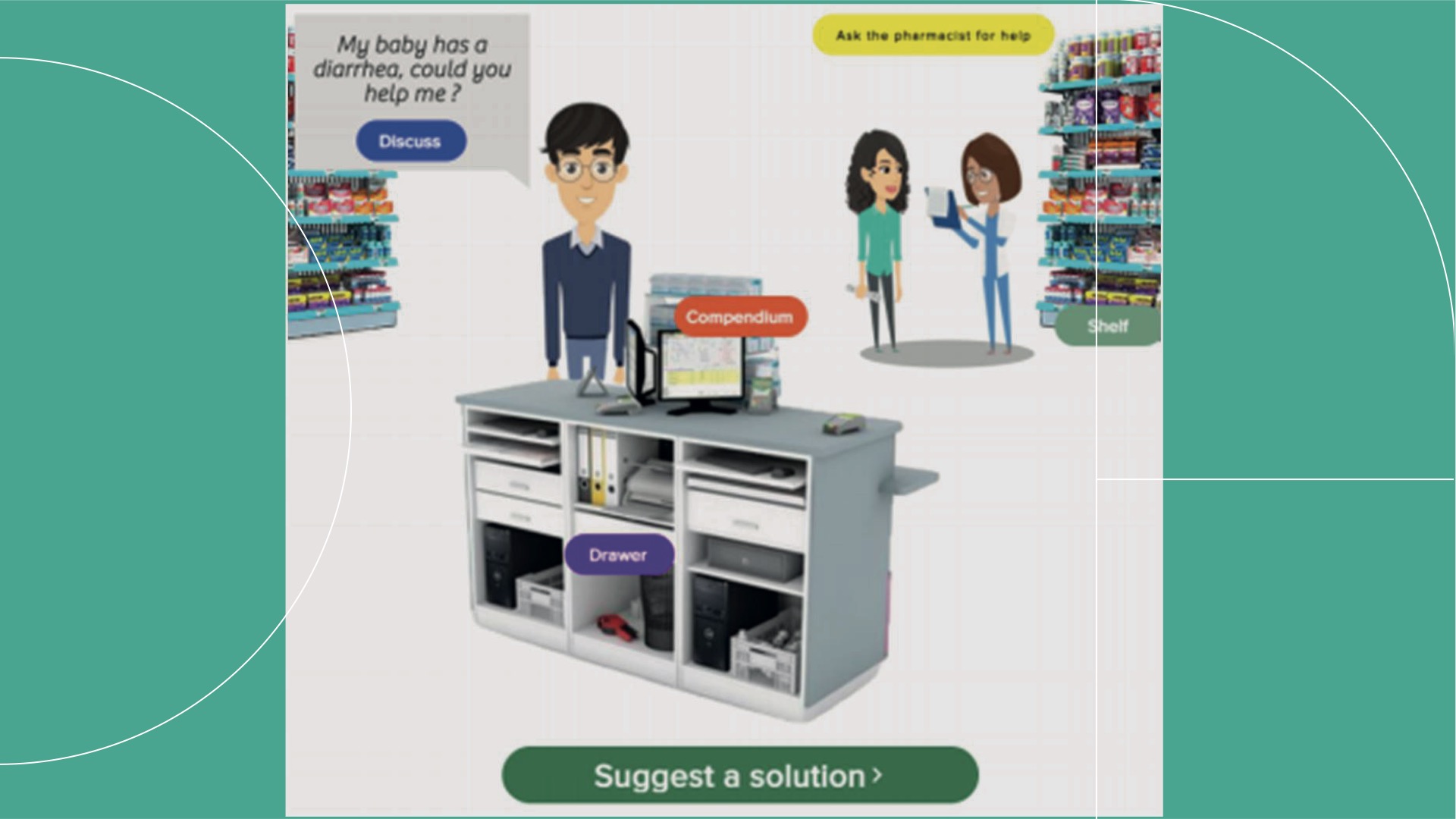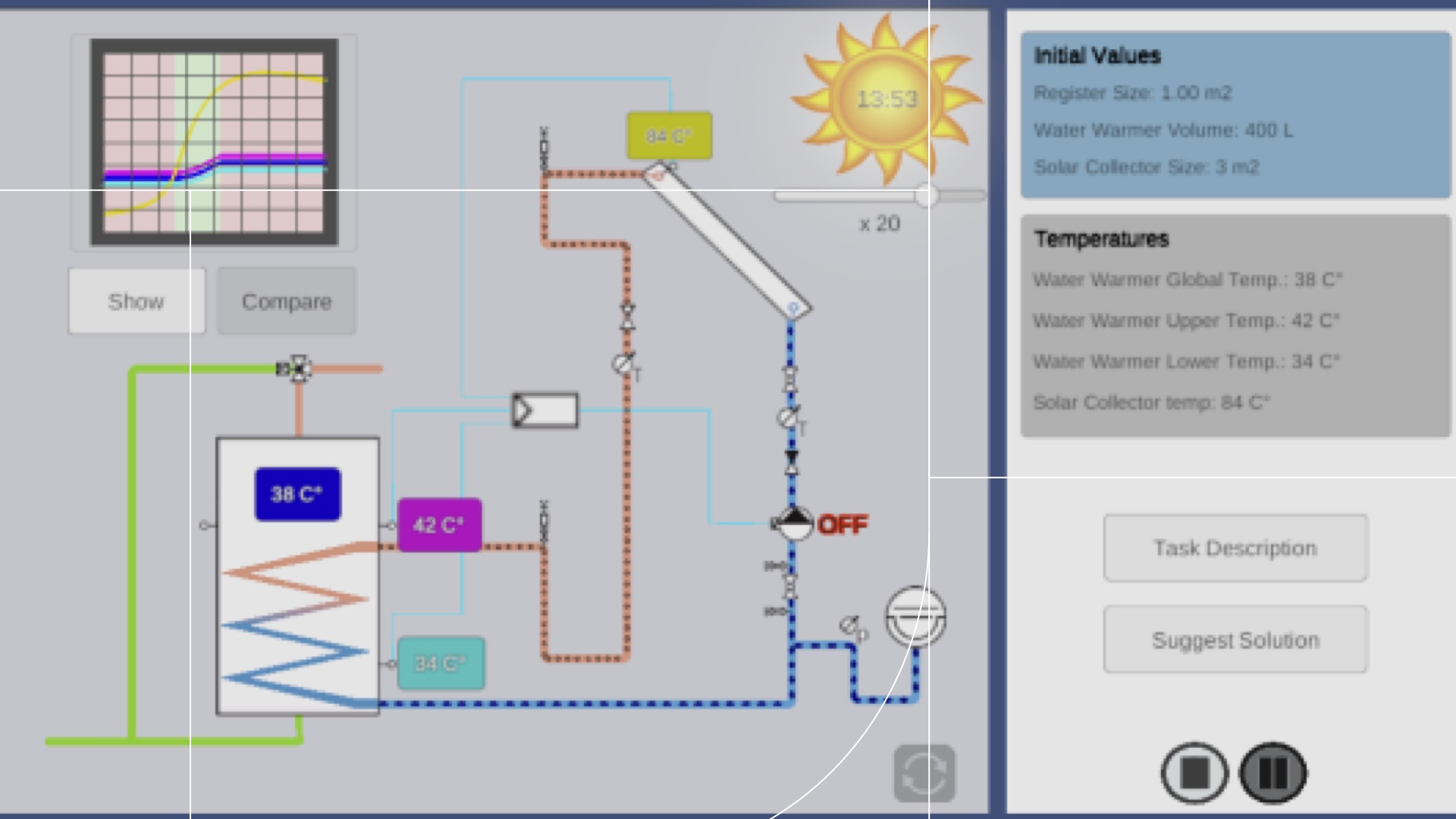The DEEP (Digital Education for Equity in Primary Schools) consortium, supported by the Jacobs Foundation, is investigating the foundations, challenges and consequences of introducing digital learning in Swiss primary schools. The aim is to contribute to an equitable and sustainable digital transformation in Swiss primary education. DEEP is acollaboration of seven higher education institutions that reflect the institutional, disciplinary, methodological and geographical diversity of Swiss educational research.
The DEEP consortium, supported by the Jacobs Foundation is researching how equitable digital transformation can be achieved in Swiss primary schools, with the aim of integrating the knowledge gained into the Swiss educational landscape.
The DEEP consortium, is a collaboration of seven universities reflecting the institutional, disciplinary, methodological and geographical diversity of Swiss educational research. The coordination office of the consortium is jointly supported by École Polytechnique Fédérale de Lausanne (EPFL) and the Zurich University of Teacher Education (PHZH). DEEP’s project activities will begin in 2024.
The digital transformation offers new opportunities for integrating innovative approaches into the education system. This transformation extends beyond the mere use of technology or the acquisition of new skills; instead, digital education is reshaping what, how, where and when children learn. Digital transformation impacts the understanding of teaching, the role of teachers, the design of learning environments, and the involvement of various actors, as well as on pedagogical and educational policy goals.
To date, there is little reliable knowledge about the challenges and risks stemming from these profound changes for effectively supporting learning processes in primary school. Notably, there is a lack of empirically sound findings on questions of educational equity: How can schools and teachers design digital learning environments and utilize digital technologies to support students in their individual potentials and needs, irrespective of their family and social background?
In collaboration with education experts, the DEEP consortium aims to bridge these gaps in the research and design of digital transformation in school education. The acquired knowledge should be accessible to a broad audience in the field of primary education, teacher training, education administration and education policy, actively facilitating their use ineveryday professional practices. In doing so, DEEP strives to maximize the positive potential of digital transformation for all students in primary school, while simultaneously considering potential risks.
DEEP’s close collaboration with teachers, schools, education administration, and education policy within the „Bildung in der Digitalität“ initiative allows comprehensive investigations in different regions, subjects and schools. This collaboration coupled with the diverse expertise of the researchers, enables a multi-perspective and participatory research approach into digital change in Swiss primary schools.
Key objectives of the DEEP consortium
- Gaining evidence-based and contextual knowledge for equitable digital transformation in Swiss primary schools
- Identification of opportunities, challenges and risks of the digital transformation in primary education
- Sustainable integration of research results into the school field, teacher education and training, and educational administration and policy
